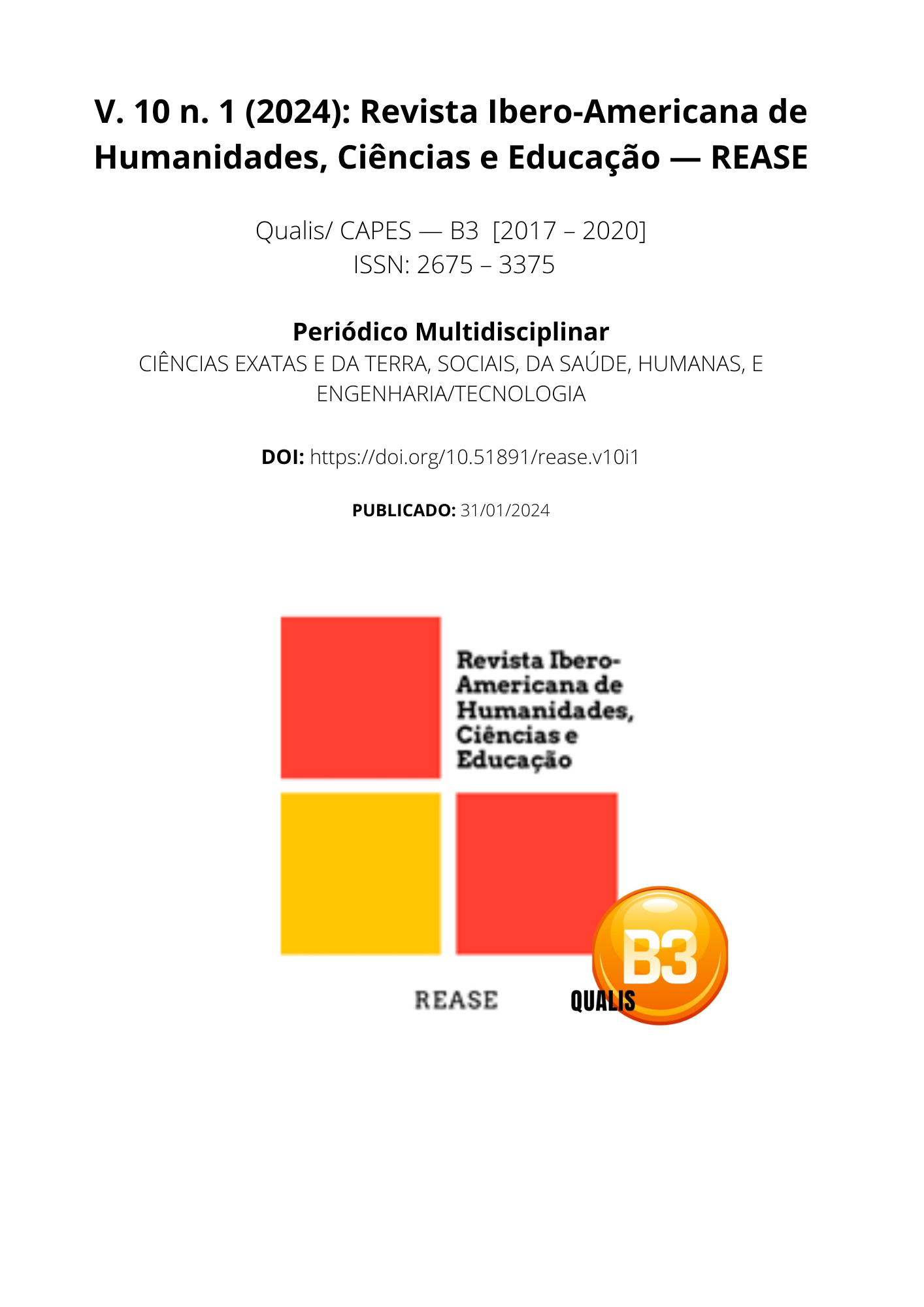THE BIAS IN THE EVOLUTION OF YOUTH AND ADULT EDUCATION - EJA IN BRAZIL AND ITS MEANDERS
DOI:
https://doi.org/10.51891/rease.v10i1.12961Keywords:
Evolution. Youth and Adult Education. Methodology. Learning.Abstract
Starting from the premise that literacy is not just a mechanical act that aims to memorize letters and numbers in favor of meaning and construction of sentences, but rather the improvement of learning in line with the student's knowledge of the world, the present This work aims to present the trajectory of the evolution of public policy Youth and Adult Education - EJA in Brazil, which took shape in the mid-20th century with the Rocha Vaz Law that created several night schools, as well as presenting the profiles that make up part of the program, the importance of adopting new assessment methods, in addition to the traditional grade given in a test, as well as not infantilizing the learning of young people and adults in order to value the knowledge brought by students. In this sense, it is believed that the teaching-learning process for this audience must start from the reality of which the students are part. Therefore, to prepare the study on screen, a bibliographical research was carried out with a view to highlighting the evolutionary trajectory of the EJA public policy in Brazil and its relevance is justified by presenting subsidies regarding the importance of adopting new teaching methodologies to deliver the contents of the curriculum in favor of meaningful learning and so that there is no excessive student dropout.
Downloads
Downloads
Published
How to Cite
Issue
Section
Categories
License
Atribuição CC BY

